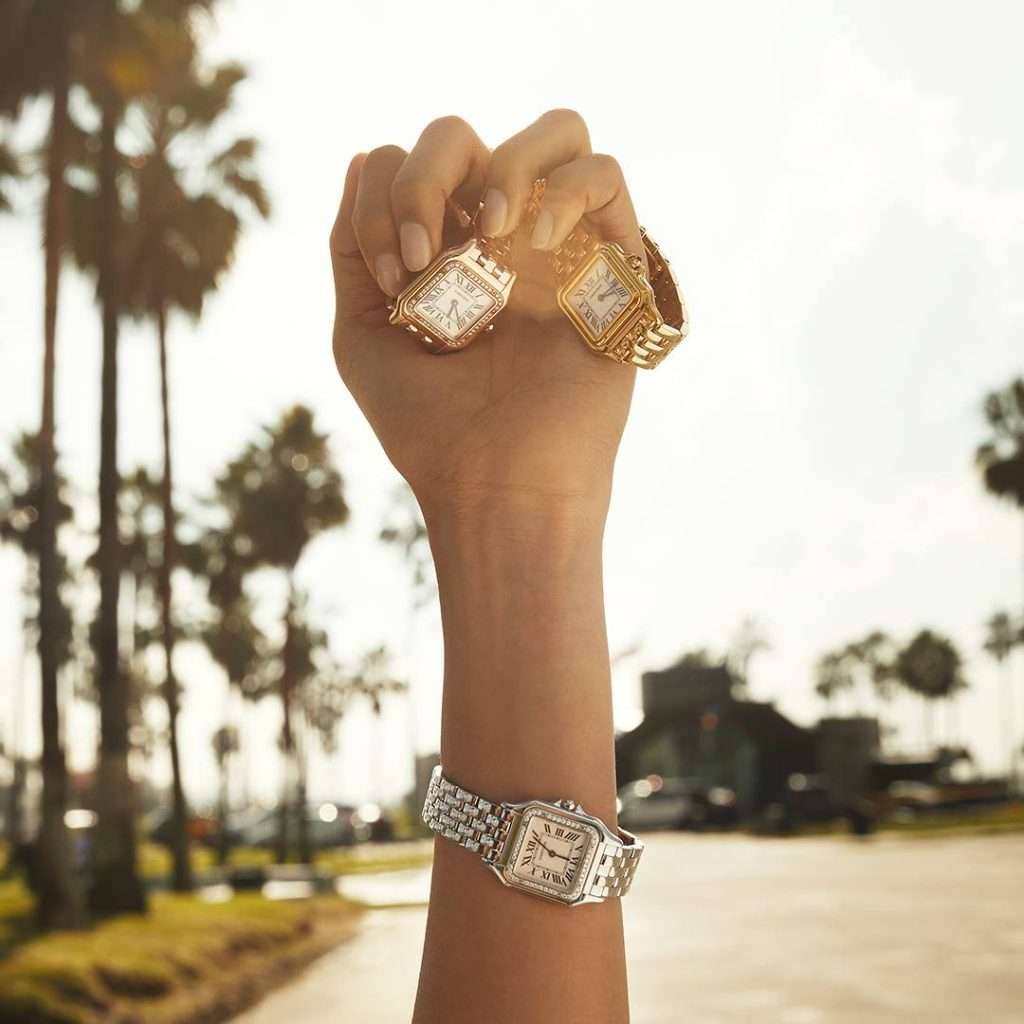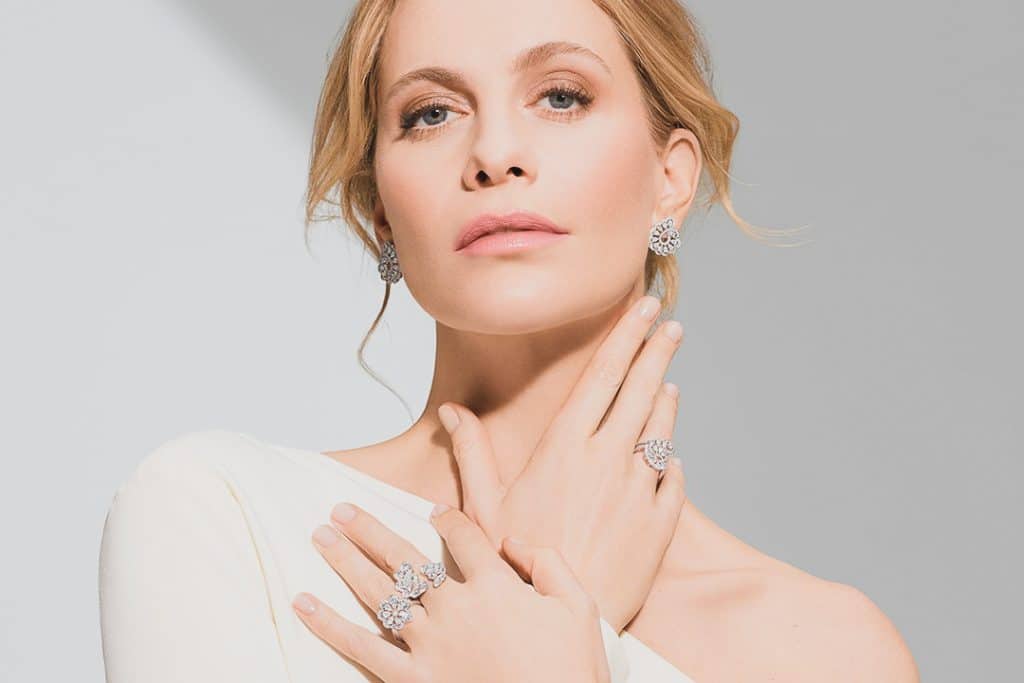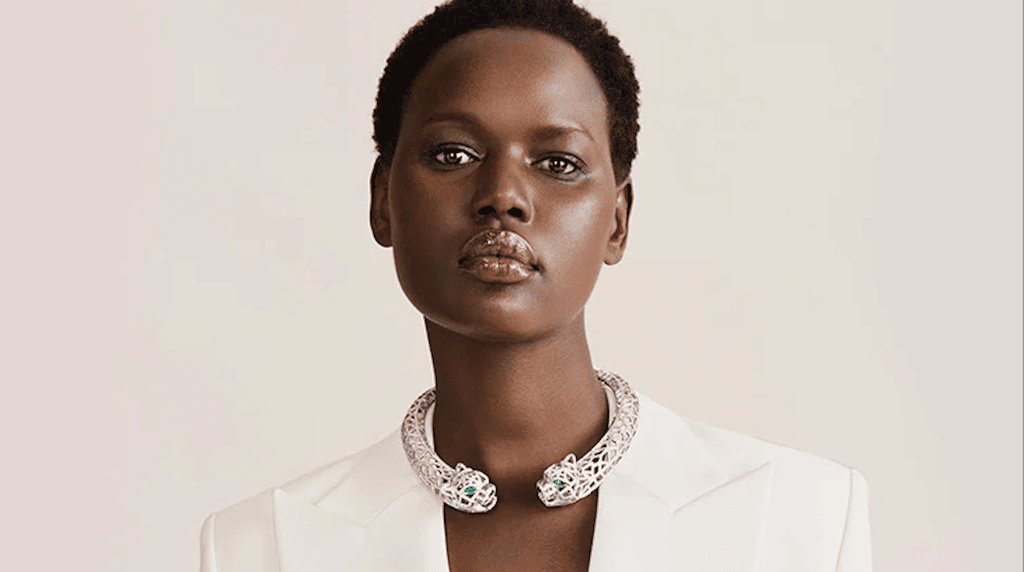A rumored LVMH buyout of Richemont’s Cartier would further condense the luxury sector. But will it also bring more responsible sourcing?
French luxury jewelry brand Cartier is renowned for its exquisite craftsmanship, timeless designs, and high-quality materials that have been at the core of the business since its founding in 1847 by jeweler Louis-François Cartier. A rumored LVMH acquisition of the Richemont label could have big implications for the future of sustainable and responsible luxury.
A potential LVMH buyout of Cartier has sparked speculation and debate within the industry. Some experts believe that such a move could have a transformative effect on the jewelry industry as a whole, particularly when it comes to sustainability and responsible practices.
If LVMH were to acquire Cartier, it would bring one of the most respected and influential jewelry brands into its portfolio, giving it even greater leverage when it comes to promoting sustainability and ethical practices. By integrating Cartier into its existing sustainability program, LVMH could help create a more responsible jewelry industry, setting new standards for other luxury brands to follow.

One of the main reasons is LVMH’s strong commitment to sustainability in recent years. In 2019, the company launched its “Life 360” program, which aims to reduce the environmental impact of its products and operations. The program includes a number of initiatives, such as using sustainable materials, reducing waste, and promoting circularity.
Extending Life 360 to cover Cartier’s operations could ensure that the brand adheres to the same high standards when it comes to sustainability and ethical practices — something increasingly more important as jewelry consumers seek out responsible sourcing and transparency. This move could involve a range of initiatives, such as using more sustainable materials, reducing carbon emissions, and improving working conditions for employees.
In addition, LVMH could use its influence to promote sustainability and responsible practices throughout the jewelry industry as a whole. By setting an example with Cartier and other brands in its portfolio, LVMH could encourage other luxury goods companies to take similar steps to reduce their environmental impact and promote ethical practices. This could help create a more responsible and sustainable industry, benefiting not only the environment but also the people who work in it.
LVMH brand Louis Vuitton saw big strides in sustainability led by late creative designer Virgil Abloh who championed renewable and recycled materials as well as implemented a label-wide sustainability logo. His recently-announced successor, Pharrell Williams, also brings a sustainability ethos to the position.
But some critics have expressed concerns that LVMH’s focus on profitability and growth could come at the expense of sustainability and ethical practices. There is also the risk that Cartier’s unique brand identity and heritage could be compromised within the world’s largest luxury conglomerate.
As Marie-Claire Daveu, Chief Sustainability Officer at Kering, has stated: “The luxury sector has a particular responsibility to lead the way in sustainability, given the impact that it has on culture, creativity, and society as a whole.” This sentiment is echoed by many other experts in the industry, who recognize the need for luxury brands to take a more responsible approach to their operations.

“Sustainability is not a trend or a marketing tool,” Daveu said. “It’s a fundamental issue that is critical to the future of our planet and our society. The luxury industry has a unique opportunity to make a positive impact, and we must all work together to seize this opportunity and create a more sustainable and responsible industry for the future.”
One of the key challenges facing the luxury goods industry is the sourcing of raw materials, particularly precious metals and gemstones. These materials are often mined in environmentally damaging ways, and there are concerns about the exploitation of workers in some mining operations.
By promoting responsible sourcing and sustainable practices, luxury brands can help address these issues and create a more responsible industry. This is something that LVMH has recognized, as Bernard Arnault, the company’s CEO, has said LVMH is “convinced” that sustainability is a key driver of performance, “and we are committed to taking bold and decisive action to reduce our environmental impact.”
LVMH’s buyout of Cartier is just one example of how the luxury goods industry is evolving to become more sustainable and responsible. There are many other brands that are also taking steps to reduce their environmental impact and promote ethical practices.
One such brand is Chopard, a Swiss luxury jewelry and watch manufacturer. Chopard has been a leader in sustainable practices for many years, and has made a strong commitment to responsible sourcing of raw materials. The company has developed its own program, called “The Journey to Sustainable Luxury,” which includes a range of initiatives aimed at reducing its environmental impact and promoting ethical practices.

Another notable example is Boucheron, another French luxury jewelry brand. Boucheron has a strong commitment to sustainability, and has developed a range of initiatives aimed at reducing its environmental impact and promoting responsible practices. These include using recycled gold and diamonds, and ensuring that its suppliers adhere to high standards of sustainability and ethics.
But a LVMH buyout of Cartier could be a significant move forward for the luxury goods industry as it moves toward a more unilateral industry shift to sustainability and responsible practices. e and sustainable industry, setting new standards for other luxury brands to follow.
“Our position as a leader entails social and environmental responsibilities,” Arnaud says. “We need to go further than simply meeting standards.”
Related on Ethos:


